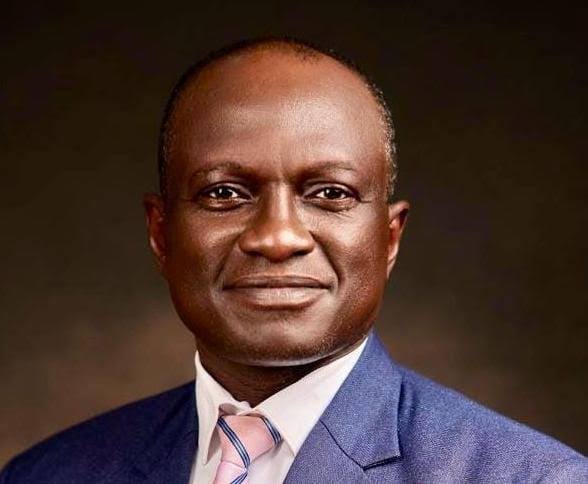By ABAH ADAH, Abuja
Nigeria is set to inaugurate its second Disarmament, Demobilisation and Reintegration, DDR, camp in the North West, as part of its non-kinetic counterterrorism strategy.
Coordinator of the National Counter Terrorism Centre, Office of the National Security Adviser, NCTC-ONSA, Major-General Adamu Laka disclosed this when he received a high-level delegation from Alliance de Sahel States on a study tour of the centre.
Stressing Nigeria’s commitment to tackle violent extremism through kinetic and non-kinetic approaches, General Laka noted that the new DDR facility would complement existing deradicalisation efforts, including the first Operation SAFE CORRIDOR programme in Gombe State which, according to him, has successfully rehabilitated nearly 3,000 former insurgents.
Highlighting the role of the programme in rehabilitating low-risk combatants, the NCTC boss said “the second Operation SAFE CORRIDOR DDR camp will soon be operational in the North West region.
“Nigeria has intensified its counterterrorism measures through legal and policy frameworks, including the Terrorism Prevention and Prohibition Act of 2022.
“These efforts have been reinforced by the establishment of the National Counter Terrorism Centre and the Victim Trust Fund, as well as the Joint Investigation Centre in Maiduguri, which screens and categorizes arrested Boko Haram suspects for reintegration or prosecution.
“The initiative aligns with Nigeria’s broader regional collaboration with Niger, Chad, Cameroon and Benin Republic under the framework of the Lake Chad Basin Commission and the Multi-National Joint Task Force, which has significantly weakened Boko Haram’s operational capacity.”
General Laka repeatedly emphasised the importance of collective efforts across the borders of the Sahel States, Nigeria and other ECOWAS member countries in order to defeat the enemy hands down.
He informed his guests that NCTC-ONSA is primarily tasked with coordinating and overseeing the implementation of government’s policy framework, strategy, as well as PCVE, Preventing and Countering Violent Extremism, DDR Action Plans among others, adding that the office adopted the-whole-of-government and the-whole-of-society approach in the provision of needed strategic coordination.
“I wish to state categorically that Nigeria’s firm stance on counterterrorism and serious organised crime measures over the years evolved and focused on legal and policy frameworks, as well as strategies.
“This is aimed at addressing the root causes of violent extremism and other related crimes as prioritised in various policy frameworks,” Laka said.
He also commended the Borno State government’s innovative, ‘Borno Model,’ for handling mass surrender, noting that a Technical Working Group had been inaugurated to harmonise various reintegration models into a unified national strategy.
A seasoned regional parliamentarian and security expert with focus on local and regional security matters, Aliyu Gebi, who led the delegation, described the study tour as timely and relevant, emphasising its potentials to deepen their knowledge, foster collaboration and strengthen teamwork in regional counterterrorism efforts.
He highlighted the importance of cooperation in combating terrorism, noting that it enables countries to share critical information, resources and expertise.
“Terrorism presents multifaceted and complex challenges that demand innovative solutions and unwavering commitment. By uniting in the spirit of mutual understanding and collaboration, we reinforce our determination and enhance our collective ability to counter terrorism effectively,” he said.
The Alliance of Sahel States, AES, is a confederation established between Mali, Niger and Burkina Faso on July 6, 2024,
based on a mutual defence pact created on September 16, 202, 3 following the Nigerien crisis of that year, in which the West African political bloc, ECOWAS threatened to intervene militarily to restore civilian rule after a coup in Niger earlier.
All three member states are former francophone country members of ECOWAS and currently under the control of juntas, following a string of successful coups, the 2021 Malian coup d’état, September 2022 Burkina Faso coup d’état and the 2023 Nigerien coup d’état.





